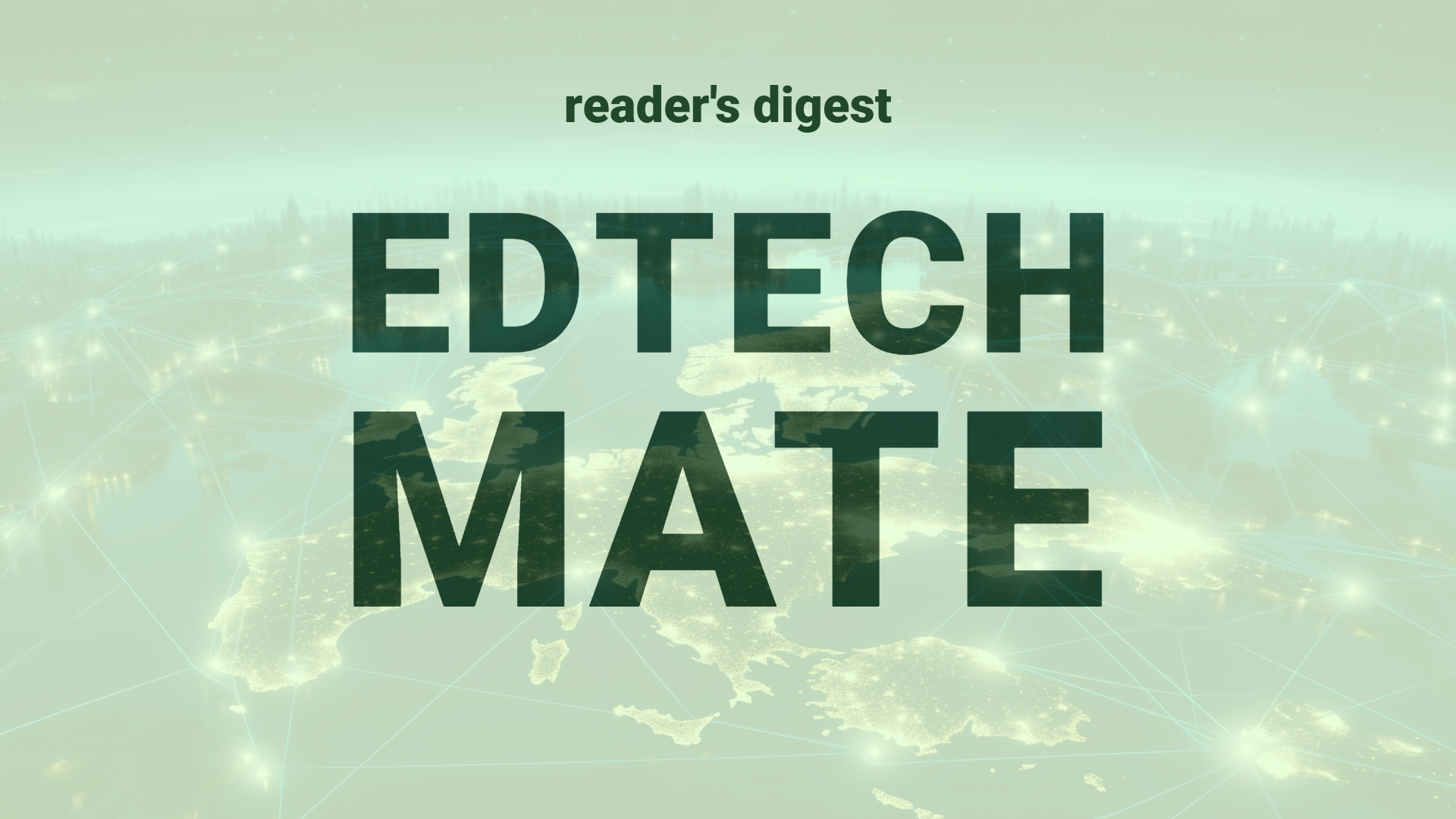Executive Summary and Main Points
The Microsoft Learn Student Ambassadors Program offers a significant opportunity for students to engage in skill development, community building, and hands-on experience with Microsoft technologies in global higher education settings. It synergizes well with initiatives seeking to integrate digital transformation and international collaboration into learning environments. Key trends include effective use of Microsoft’s suite (Azure, Microsoft 365, Power Platform, Copilot) and the cultivation of soft skills through mentoring and collaboration. The program’s flexibility allows participatory learning without impeding academic pursuits and emphasizes free access to proprietary Microsoft resources and certifications.
Potential Impact in the Education Sector
This program can influence Further Education and Higher Education by supporting the ecosystem of continuous learning and professional development. Students become acquainted with advanced digital tools, enriching their learning experience and employability. In the Micro-credentials landscape, the program has the potential to enhance the value of certifications through real-world applications and networking. Strategic partnerships with educational institutions can be fostered to integrate Microsoft technologies into curricula, thereby advancing digital literacy and closing skill gaps.
Potential Applicability in the Education Sector
Innovative applications for AI and digital tools promoted by the program can be tailored for global education systems to enhance personalized learning, streamline administrative processes, and facilitate remote education. AI can be leveraged to develop intelligent tutoring systems, predictive analytics for student success, and automate feedback on assessments. The widespread applicability across diverse cultural and institutional contexts showcases the program’s versatility and commitment to universal access to digital education resources.
Criticism and Potential Shortfalls
Despite its benefits, the program may face challenges such as digital divide issues, where students in under-resourced regions may lack access to the necessary technology. Overemphasis on Microsoft products could potentially limit exposure to alternative solutions. There are also ethical considerations surrounding data privacy and AI transparency. Comparative case studies from different international contexts may reveal disparities in program effectiveness and engagement, necessitating tailored approaches to different cultural and ethical expectations.
Actionable Recommendations
To harness these technologies in educational projects, leaders should focus on creating inclusive policies that ensure equitable access to digital resources. They can foster collaboration with the private sector to provide educational institutions with the infrastructure needed for effective technology integration. Additionally, incorporating an interdisciplinary approach in curriculum design can leverage these technologies’ benefits while preparing students for a dynamic and digital workforce. International education leadership can play a pivotal role in promoting cross-cultural competence as part of digital literacy through programs like Microsoft’s.
Source article: https://techcommunity.microsoft.com/t5/educator-developer-blog/microsoft-learn-student-ambassadors-program-interview-series/ba-p/4170883

